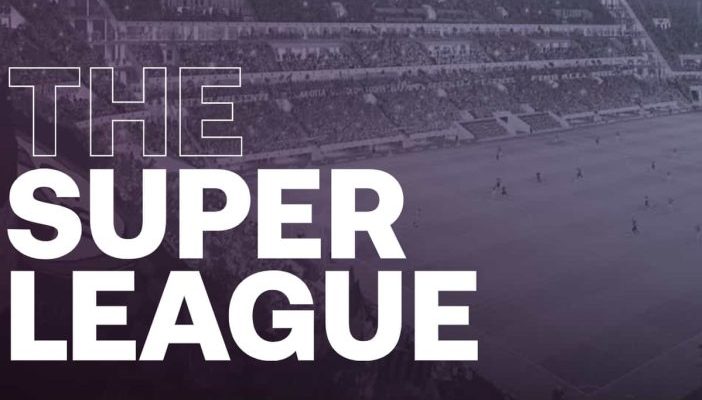The European Super League has received a boost from the European Court of Justice, which has ruled that FIFA and UEFA are ‘abusing a dominant position.’
It is a decision that could change the fate of European football as the European Court of Justice has practically ruled in favour of Super League clubs saying FIFA and UEFA are abusing a dominant position.
“The FIFA and UEFA rules on prior approval of interclub football competitions, such as the Super League, are contrary to EU law. They are contrary to competition law and the freedom to provide services,” the ECJ said.
“The FIFA and UEFA rules making any new interclub football project subject to their prior approval, such as the Super League, and prohibiting clubs and players from playing in those competitions, are unlawful. There is no framework for the FIFA and UEFA rules ensuring that they are transparent, objective, non-discriminatory and proportionate.
“Similarly, the rules giving FIFA and UEFA exclusive control over the commercial exploitation of the rights related to those competitions are such as to restrict competition, given their importance for the media, consumers and television viewers in the European Union.
“The Court observes that the organisation of interclub football competitions and the exploitation of the media rights are, quite evidently, economic activities,” the ECJ continued.
“They must therefore comply with the competition rules and respect the freedoms of movement, even though the economic pursuit of sport has certain specific characteristics, such as the existence of associations having certain regulatory and control powers and the power to impose sanctions. The Court also observes that, in parallel with those powers, FIFA and UEFA themselves organise football competitions.
“Next, the Court holds that, where an undertaking in a dominant position has the power to determine the conditions in which potentially competing undertakings may access the market, that power must, given the risk of conflict of interest to which it gives rise, be subject to criteria which are suitable for ensuring that they are transparent, objective, non-discriminatory and proportionate. However, the powers of FIFA and UEFA are not subject to any such criteria.
“FIFA and UEFA are, therefore, abusing a dominant position. Moreover, given their arbitrary nature, their rules on approval, control and sanctions must be held to be unjustified restrictions on the freedom to provide services. That does not mean that a competition such as the Super League project must necessarily be approved. The Court, having been asked generally about the FIFA and UEFA rules, does not rule on that specific project in its judgment.
“In parallel, the Court observes that the FIFA and UEFA rules relating to the exploitation of media rights are such as to be harmful European football clubs, all companies operating in media markets and, ultimately, consumers and television viewers, by preventing them from enjoying new and potentially innovative or interesting competitions. It is, however, for the Commercial Court, Madrid, to ascertain whether those rules might nevertheless benefit different stakeholders in football, for example, by ensuring a solidarity-like redistribution of the profits generated by those rights.”
The Super League legal battle started in 2021 when 12 elite European clubs announced the creation of a new European competition without the FIFA and UEFA’s consent.
Those 12 clubs included Serie A giants Inter, Milan and Juventus. The Bianconeri were among the architects of the new competition, alongside Barcelona and Real Madrid.
Ex-Juventus President Andrea Agnelli resigned as the ECA Chairman following the Super League launch.
The project didn’t last long as Premier League clubs withdrew barely 48 hours after the announcement and were followed by Inter, Milan and Atletico Madrid, leaving Barcelona, Real Madrid and Juventus alone.
Juventus said on June 2023 that they had begun the process of withdrawing from the Super League.
More to follow

